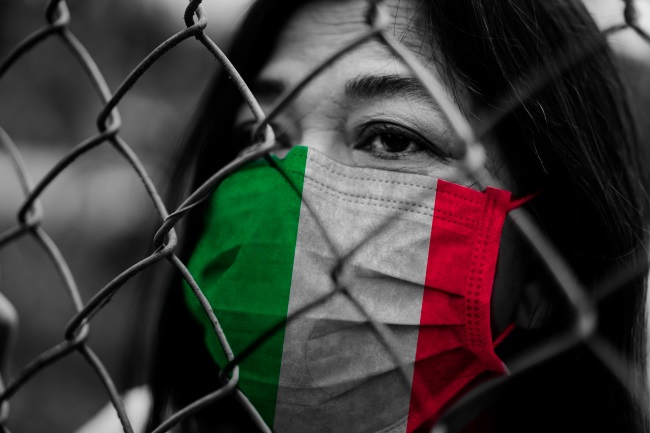Catherine Feore looks into the worldwide breakout of COVID-19.
Where do you want to be if there is a coronavirus (COVID-19) breakout? Well, preferably on an outer Hebridean island, with a well-stocked larder, plenty of turf for the fire and a pile of books. But more realistically, assuming that most of us are unable to abscond from work or family commitments, what sort of country would you like to be living in?
Let’s narrow it down by looking at where you don’t want to be. You don’t want to be
somewhere where sycophancy or authoritarianism leads to lack of transparency and public trust. So, you need a robust democracy with proper checks and balances, including independent health professionals and media. In addition, you need politicians who listen to experts and are willing to make unpopular decisions to serve more important ends.
Poverty, with the associated precarity of workers who might be unable to take time off, could lead to under- reporting, so economic support for the weakest is not only an act of solidarity, but also an act of universal self-interest. Even if you aren’t vulnerable, the economic knock-on effects will be heavy.
Universal and free or affordable healthcare are critical; no one should fear coming forward – hopefully via phone or online initially. Singapore made the decision to pay for the cost of hospitalization irrespective of where the patient is from. Moreover, it needs to be a country that recognizes that they will also need to provide a palliative for the economic pain that will be one of the side effects of this epidemic – the self-employed and small businesses are particularly vulnerable.
Equally, you will want to be somewhere where people assume their individual responsibilities. Over the last week, there has been much discussion about hand washing. It is amazing how this simple and affordable act can be so effective. The virus has a thin lipid (fat) layer, so soap or washing-up liquid and some vigorous scrubbing can make the virus inactive, so dry your hands using paper towels, rather than a dryer. Incidentally, if you don’t already, you should try to make this the habit of a lifetime – I am sure it already is for Together readers. Other simple measures include sneezing into a paper handkerchief or elbow, self-isolating if you think you are unwell or vulnerable and generally keeping a little more distance from your fellow human beings than you might be used to.
Finally, you want to be in a country that has thought long and hard about the challenges that a pandemic presents and that has held many simulations to enhance preparedness. These elements narrow your choice down to somewhere in Europe and the more open societies in Asia.
I am writing this after Italy was the first to declare sweeping restrictions to mitigate the spread of coronavirus within its borders. Italy has decided to take draconian actions; in the coming weeks, others are likely to follow.
It is moments like these when you discover that those much-maligned experts and faceless bureaucrats have been quietly modelling and preparing for this day for some time. The European Centre for Disease Prevention and Control (ECDC) is an EU agency dedicated to strengthening Europe’s response to infectious disease.
The ECDC works with international organizations, in particular the World Health Organization and EU countries, to identify, assess and communicate information on current and emerging threats to human health, hosting an Early Warning and Response System (EWRS).
The ECDC carries out its risk assessment and then advises the Health Security Committee, which brings together health expertise from every EU member state. National authorities inform the ECDC about what measures they are taking. The ECDC is not the only agency involved. The EU has also mobilized other agencies, including the European Medicines Agency (EMA) and the European Union Aviation Safety Agency (EASA).
The EU is working across Directorates and pulling out all the stops, to take as integrated an approach as possible, working closely with the EU’s health ministers. There are no easy choices, and the more stringent the measures to contain or deter the spread of the infection, the harder the hit to the economy.







